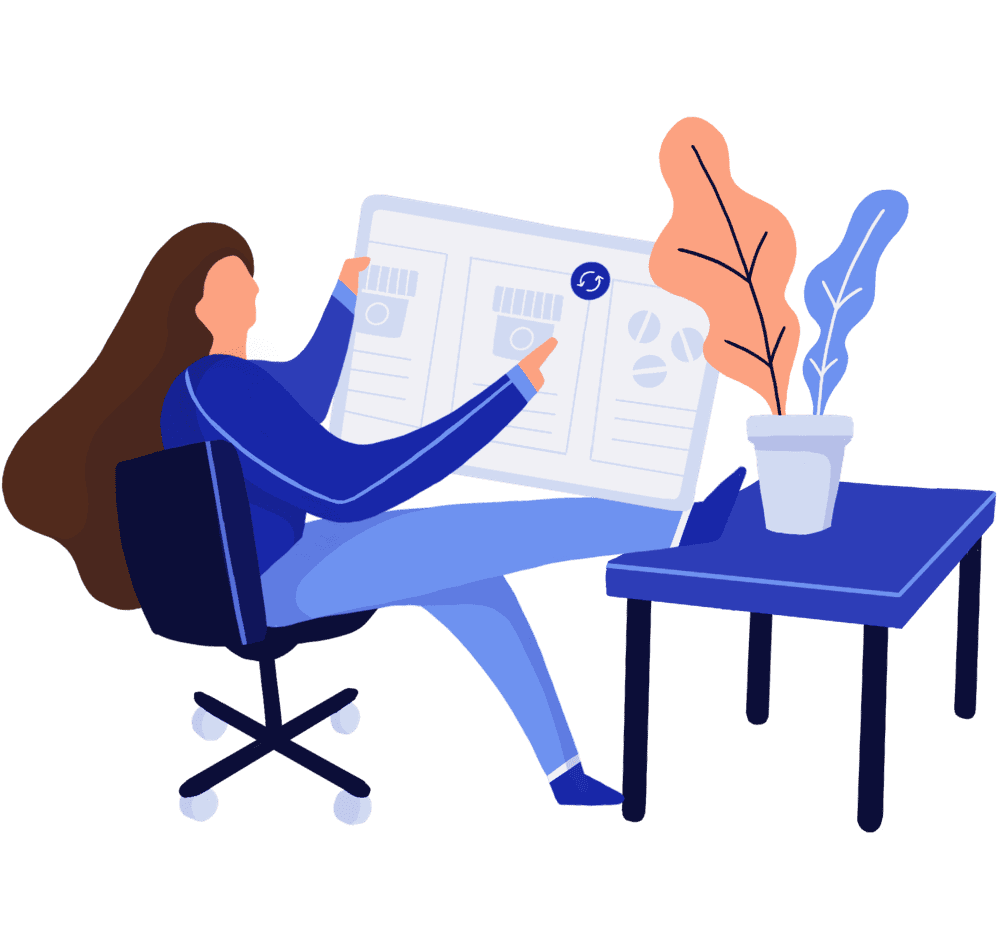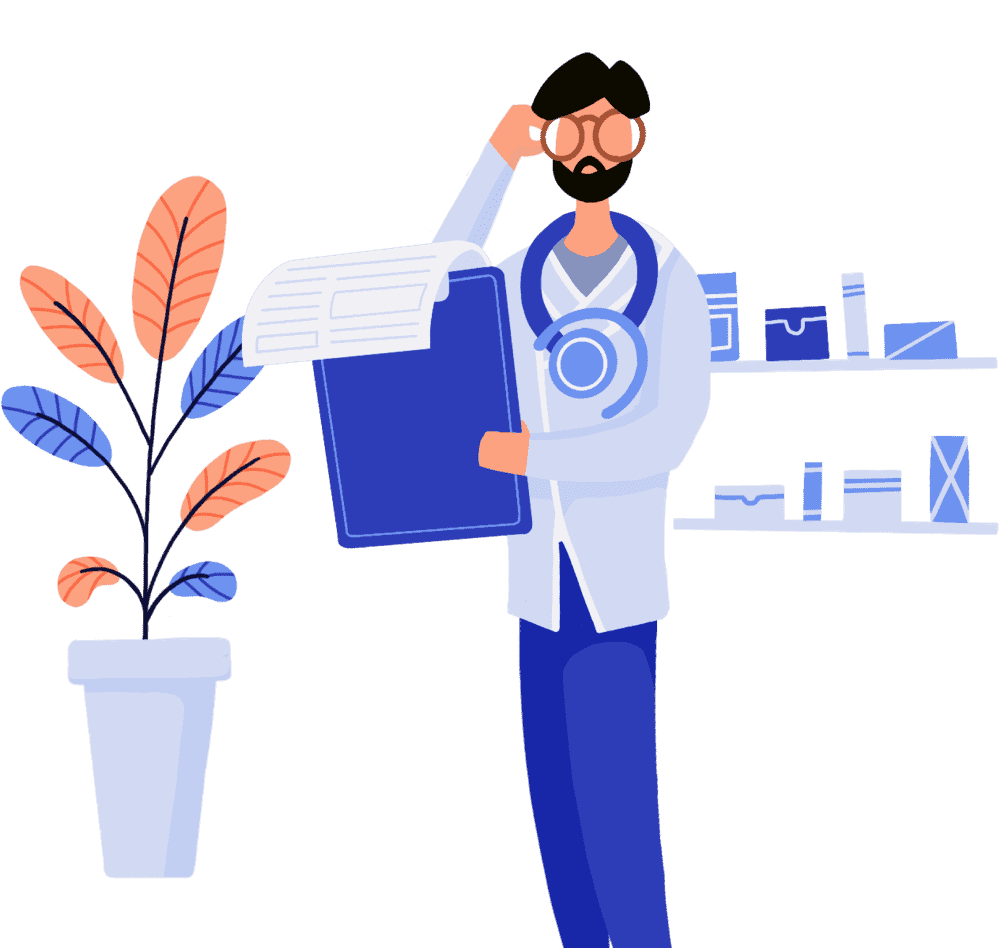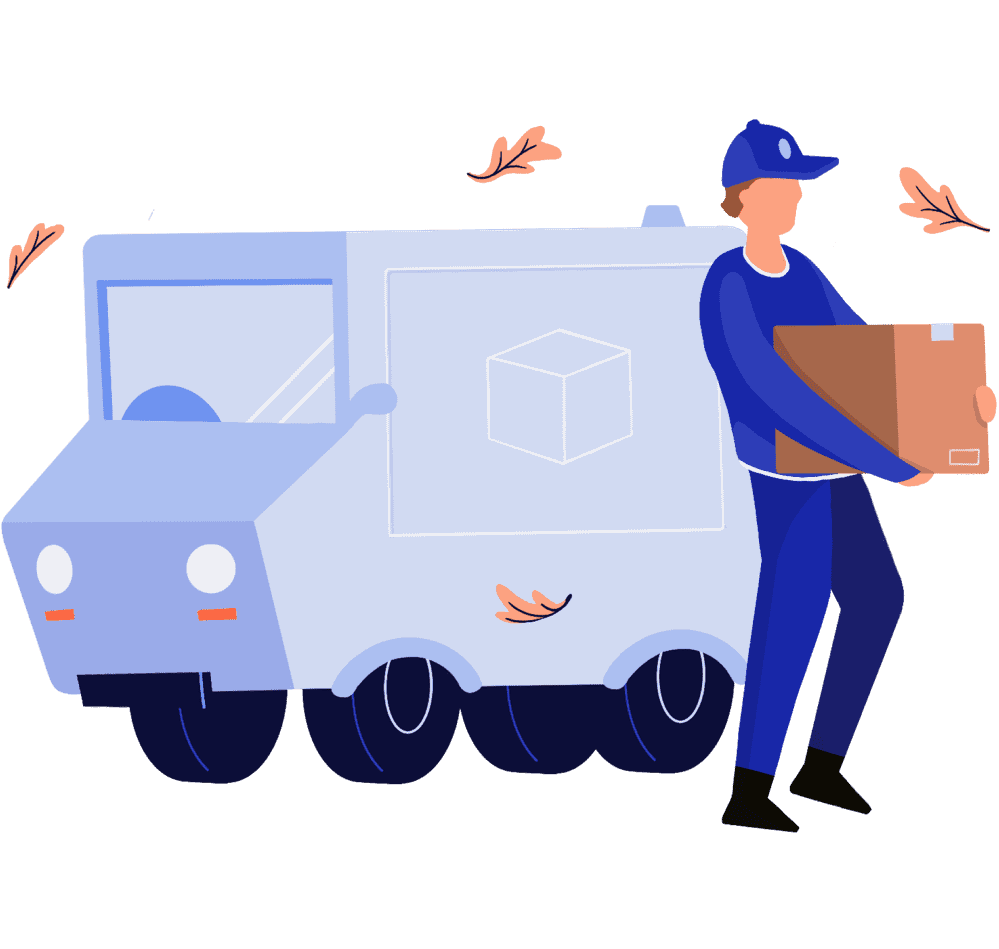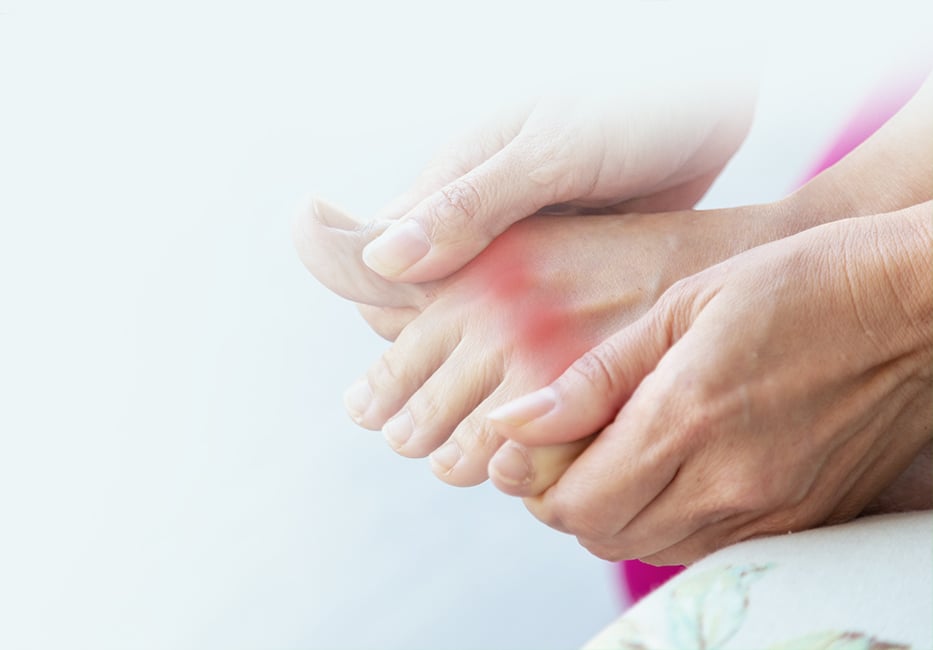Recharge your cells from within and enjoy 20% OFF NAD+ for a limited time only - shop now
- Home
- Chronic Conditions
- Gout Treatment
Gout Treatment
Gout is a form of arthritis that mostly affects the joints in the base of the big toe. It's a condition caused by excess uric acid in the bloodstream, which crystalises on the joints and causes pain.
You can treat gout with effective medication from UK Meds, specifically used for the condition.
More Information
What is gout?
Gout is a common form of arthritis that is more likely to affect men than women (Mayo Clinic, 2022). People with gout will suffer with the condition long-term but it is not a constant pain; symptoms come on quickly and then clear, in what is known as ‘attacks’ of gout (NIAMS, 2023).
According to NHS (2023), Gout most commonly affects the joints of the big toe, but can also appear in the ankles, knees, elbows, fingers and wrists. During attacks of gout, these joints because inflamed, swollen and red and can be intensely painful.
What causes gout?
The cause of the actual symptoms of gout are due to excessive amounts of uric acid in the blood (NHS Inform, 2023). Normally, this is dissolved and excreted through urine but in people who suffer from gout, the uric acid crystalises on the joints and cause pain and inflammation. If you'd like to learn more read our guide 'Is hyperuricemia associated with gout?'.
There are a number of factors that can increase your risk of developing gout. Your age and gender play a big part, as men produce more uric acid than women but women’s levels increase after they go through the menopause (Mayo Clinic, 2022).
Genetics can also play a part in gout, but normally it’s due more largely to lifestyle choices. Uric acid is present in a number of foods (eg. meat, poultry and seafood) and those who eat large amounts, are more likely to get gout due to the higher purine contents contained in the food (UK Gout Society). It’s also extremely common in those who are overweight or obese so gout sufferers are always advised to try and lose weight to relieve their condition (Arthritis Foundation, 2024).
How can I treat gout?
Gout Medication
Gout is a chronic condition so it cannot be cured. However, attacks of gout can effectively be managed with medication. Usually, first line treatment is either an NSAID painkiller (Coburn & Mikuls, 2016), such as Naproxen or Diclofenac, or an anti-gout agent such as Colchicine. These medicines help to relieve the pain associated with a gout attack, and help to clear it quickly.
However, if you’re suffering from a high number of gout attacks then you might want to consider a preventative medication. Allopurinol reduces the number of gout attacks that you experience and helps you to continue as normal. However, it’s important not to take Allopurinol when you experience an attack of gout; it is a preventative measure, not a treatment and if you try can take it incorrectly, it can actually make your attack of gout last longer.
There are also a number of lifestyle factors that you should consider if you suffer from gout. Because gout attacks are related to uric acid, it’s a good idea to reduce the number of foods you eat that are high in this.
It’s also wise to cut down on your alcohol consumption, because alcohol can interfere with how your body removes uric acid. Certain medications can also increase the amount of uric acid in your blood so you should speak to your doctor if you’re noticing increased gout attacks because of these.
Always consult your doctor for the best course of treatment to manage your individual case of gout. You can read techniques to provide short term, temporary relief for gout symptoms on our dedicated article providing a '10 Minute Gout Cure'.
Gout FAQs
What does gout look like?
Typically signs of gout can include swollen, hot and red skin over the joint that is affected by gout but this can be harder to identify on brown or black skin (NHS, 2023).
What causes gout in feet?
Gout in the feet is caused in the same way as gout in other parts of the body, via a build up of urate which forms needle-shaped crystals in your joints (NIAMS, 2023).
What causes gout in females?
Gout can affect women differently, with research studies demonstrating that factors such as taking birth control pills and HRT (Hormone Replacement Therapy) could increase gout risk in females (Eun et al, 2021).
What is the main cause of gout?
Whilst it is not guaranteed, the main factor that contributes to increasing your chances of developing gout is a high level of uric acid in the blood (NHS Inform, 2023).
How long does gout last?
The NHS (2023) report that gout lasts between 1 to 2 weeks if it is left untreated; with the risk that if it is not treated there is potential for long term damage to the joints and for future attacks to last for a longer duration. With treatment the duration of gout could be reduced to last around 3 days (Healthline, 2023)
What does gout feel like?
Gout flares tend to come on quickly and are defined by their sudden onset and strong pains in the affected joint, which is commonly at the base of the first big toe but could also affect any other joint (CreakyJoints, 2020).
Can you get gout in your hands?
Yes. It is possible to get gout in your hands (NHS, 2023).
Can you get gout in your knee?
Yes. Gout can develop in any joint including one or both of the knees (Healthline, 2018).
How to stop gout pain at night?
Gout can be prevented with some simple lifestyle changes including changes to your diet, avoiding alcohol, keeping well hydrated, creating a good sleeping environment and exercising regularly (Creakyjoints, 2022). NSAID medications can help to relieve gout pain at night, along with cold compresses to reduce swelling and inflammation that causes the gout in the affected joint (Dr Naveen Bhadauria, GMC no.: 6104339).
How painful is gout?
The amount of pain experienced by an individual suffering from gout will vary from person to person but it is typically an intense pain that starts very quickly (Mayo Clinic, 2022).
Is gout arthritis?
Yes. Gout is a type of inflammatory arthritis that cause swelling and pain in a person's joints (NIAMS, 2023).
Is gout curable?
There isn't a permanent cure for gout, however, if it is treated appropriately it can come back less often (NHS, 2023).
10 Minute Gout Cure
There are some simple techniques that can provide short term, temporary relief from gout; discover them on the UK Meds '10 Minute Gout Cure'.
Is gout hereditary?
Whilst it is not the only factor that can cause a person to suffer from gout, genetics can play a role in the development of gout, meaning that it can be an inherited health condition in some cases (Healthline, 2022).
What foods cause gout?
The UK Gout Society state that consuming foods high in purines increases the the amount of uric acid that the body makes, therefore it is better to avoid foods that are high in purines such as oily fish, seafood, offal, game, yeast extracts. It is also recommended to moderate the amounts of foods with moderate purine levels such as died peas, beans and legumes, mushrooms and mycoprotein, wholegrains, poultry and meats. Your doctor can guide you on an appropriate diet to help with your individual case of gout so you should always consult with them for appropriate advice.
For more information you can read UK Meds' blog that explores the foods that cause gout.
Can gout kill you?
Studies researching gout report different findings. AARP (2012) state that whilst it can't directly kill you, gout can cause serious health problems that could eventually lead to death. A study found that patients suffering with gout died earlier and had a 42% higher risk of death (Stack, A.; 2013). Additionally, Arthritis Foundation (2017) report that people with gout are 25% more likely to die prematurely that people without the condition.
Does walking on gout foot make it worse?
Walking during a gout flare up is safe and could potentially reduce pain too but it is important to walk slowly to avoid exacerbating the joint pain and to ensure that you wear supportive and comfortable footwear (Accent Podiatry, 2021).
Is cheese bad for gout?
No, on the contrary, as cheese is a dairy product, it can help to lower uric acid levels which can reduce the risk of experiencing gout (Arthritis Foundation, 2023).
Can you get gout in your fingers?
Yes, it is possible to experience gout in your fingers (Mayo Clinic, 2022).
Are tomatoes bad for gout?
It depends on the individual. Studies have shown that tomatoes have been linked to higher level of uric acid in the blood in some people, which can be a gout trigger for them but it is important to note that they are not a gout trigger for everyone and could even reduce gout symptoms and inflammation in other people (Healthline, 2021).
Can stress cause gout?
Stress could be a significant gout trigger and managing stress through relaxation techniques and lifestyle changes could be an effective way to reduce the severity and frequency of gout flare ups (Dr Naveen Bhadauria, GMC no.: 6104339).
Is coffee good for gout?
Whilst it is not a lone solution, there is evidence to suggest that drinking coffee could help to lower the chances of a gout flare up for people who already suffer from the condition, as coffe could help to lower uric acid levels in the body and improve the body's excretion of uric acid (Healthline, 2018).
Are bananas good for gout?
Because bananas are low in purines and rich in vitamin C, they are a good food to eat if a person suffers from gout (Healthline, 2019).
Does red wine cause gout?
All types of alcohol, including wine, can increase the risk of a gout flare (Verywell Health, 2022).
Is chocolate bad for gout?
Studies into the link between chocolate and gout have mixed findings. Typical chocolate bars should be avoided due to the higher levels of sugars (Healthline, 2019).
Is cranberry juice good for gout?
There is a lack of evidence to confirm or deny that cranberry juice is beneficial for gout (Medical News Today, 2023).
Is gout contagious?
No. Gout is not a contagious health condition.
Can eggs trigger gout?
No, eggs are unlikely to cause a gout flare up and may even reduce the levels of uric acid in the blood, helping to lower the risk of gout flares (Medical News Today, 2023); this is because eggs are low in purines (Healthline, 2023).
Medication delivered the next day from UK pharmacies



Choose the right treatment
From the comfort of your own home or out on the go, choose the treatment you require from our extensive range.
Complete an online consultation
A vital part of our process, your online consultation will be similar questions to that of a GP. Quick and easy, we guarantee privacy and confidentiality.
Delivered discreetly
One of over 100 of our partner regulated UK pharmacies will dispense and ship the treatment to you in discreet packaging.
Rated out of 5 on 
I always receive great service from uk meds, as mentioned before the ordering process is easy and I receive the item in a few days.
UK meds are reliable and trustworthy. Meds always arrive on time and always what is requested would recommend others to use this great company. Service is spot on. Thank you.
Excellent service.
Easy consultation Couldn't fault service
Rated 4.6 out of 5 based on 6913 reviews
Here to help you
Our Customer Service is available Monday to Friday 9am - 5pm. If you need urgent assistance, do not use this service. Call 111, or in an emergency call 999. Visit our help section


